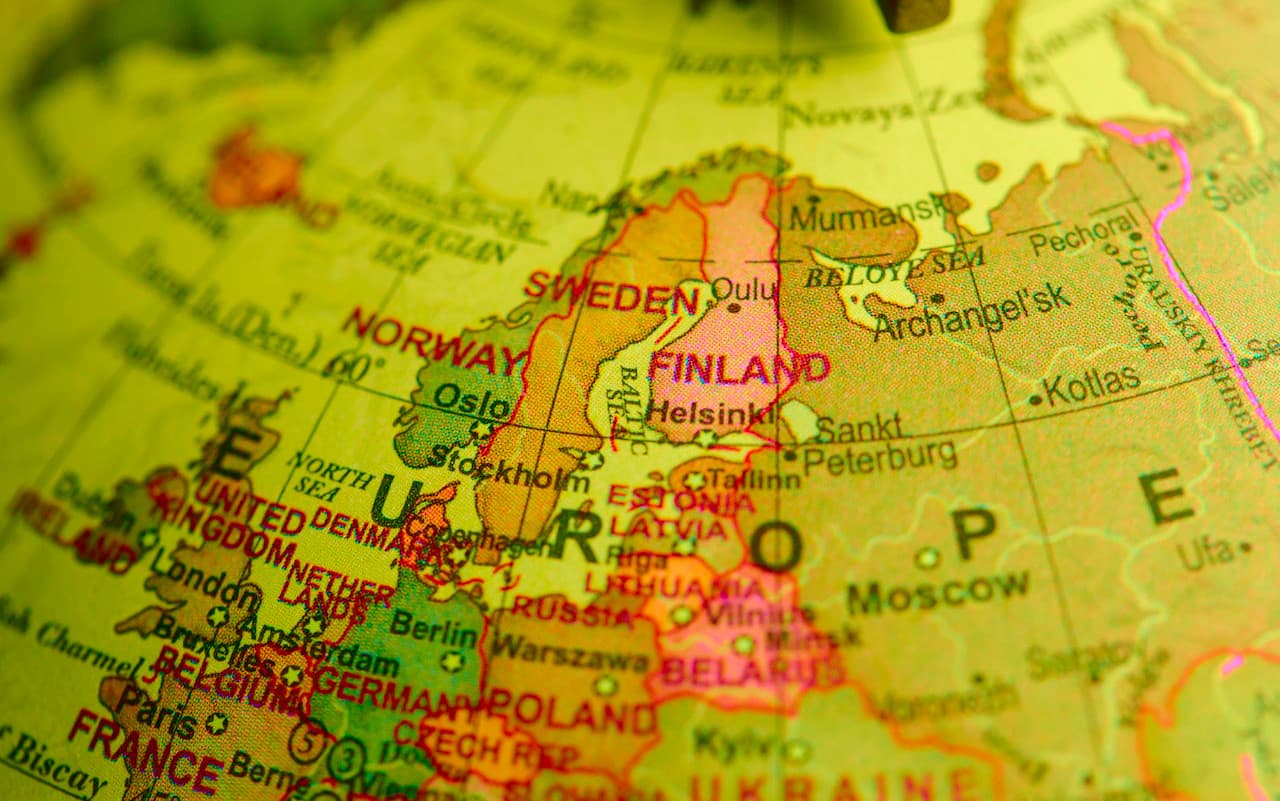
From ancient times to the present day, wars have been a recurring and tragic consequence of human history. While each conflict is unique, there are some underlying reasons that can be found in almost every war in history. One of the most common causes of war is a desire for power and control. Nations or rulers may seek to expand their territory or influence, leading to conflict with neighboring states. Another factor that often sparks wars is greed for resources, such as land, oil, or minerals. Additionally, religious or ideological differences can fuel conflict as each side tries to advance its beliefs and worldview. Finally, personal vendettas or long-standing grudges between nations or leaders are also reasons that wars can ignite. In summary, wars are an unfortunate and complex result of human nature and our propensity for conflict.
Why countries with dictatorships are more likely to attack their neighbors
Countries with dictatorships are often seen as more aggressive towards their neighbors compared to those with democratic governments. This could be attributed to a number of factors, such as the lack of checks and balances on the power of the dictator, and the absence of dissenting voices and opposing political parties. Dictators are often keen on increasing the power of their regime, and may view launching an attack on a neighboring country as a way of demonstrating their strength and capability to the world. Furthermore, countries with dictators may perceive neighbors as threats to their power and may take preemptive measures to establish dominance. Although there are exceptions to this generalization, the history of international conflicts suggests that countries with dictatorships are more prone to aggression towards neighbors than those with democratic governments.
In totalitarian countries, the people are expendable
In totalitarian countries, life is cheap. The leaders view their citizens as nothing more than pawns to be used and discarded at will. Every decision, every action is taken with only one goal in mind – maintaining absolute control over the population. The people have no rights, no freedom, no protection. They are forced to accept their fate and live in constant fear of the ruling regime. Those who dare to speak out against the government are swiftly silenced, often with brutal force. In such nations, human life is not regarded as precious, but rather as disposable. It is a grim reality that those who live under totalitarian regimes must face every day.
Why the presence of nuclear weapons can be considered a guarantee of security
The existence of nuclear weapons has provided a certain level of security for countries possessing them, as well as their allies. The sheer level of destruction brought about by these weapons has deterred most nations from engaging in conflict with countries known to possess them, as the risks involved are simply too great. In fact, the possession of nuclear weapons has prevented some major conflicts from breaking out in the past. It is worth noting, however, that although the presence of these weapons can be considered a deterrent, it is never a guarantee of security. The threat of nuclear warfare always hangs over nations, and any mishap or mishandling of these weapons could lead to catastrophic consequences. Nevertheless, the presence of nuclear weapons is a necessary evil in a world where conflicts and tensions exist between various nations and ideologies.
How the loss of nuclear weapons threatens a country’s security on the example of Ukraine
The loss or potential theft of nuclear weapons is a threat that looms over any nation, and Ukraine is no exception. The possibility of nuclear weapons in the wrong hands is a terrifying prospect. For Ukraine, this risk is all too real, as the country used to be a formidable nuclear power, before it disarmed in the aftermath of the Cold War. Today, as Ukraine continues to be a hotspot for political unrest and conflict, the fear of nuclear weapons falling into the wrong hands is not only pertinent but also increasingly urgent. The stakes are high and the consequences unthinkable. The rest of the world watches anxiously, hoping that all necessary steps are taken to ensure the security of nuclear weapons and prevent the worst-case scenario from happening.